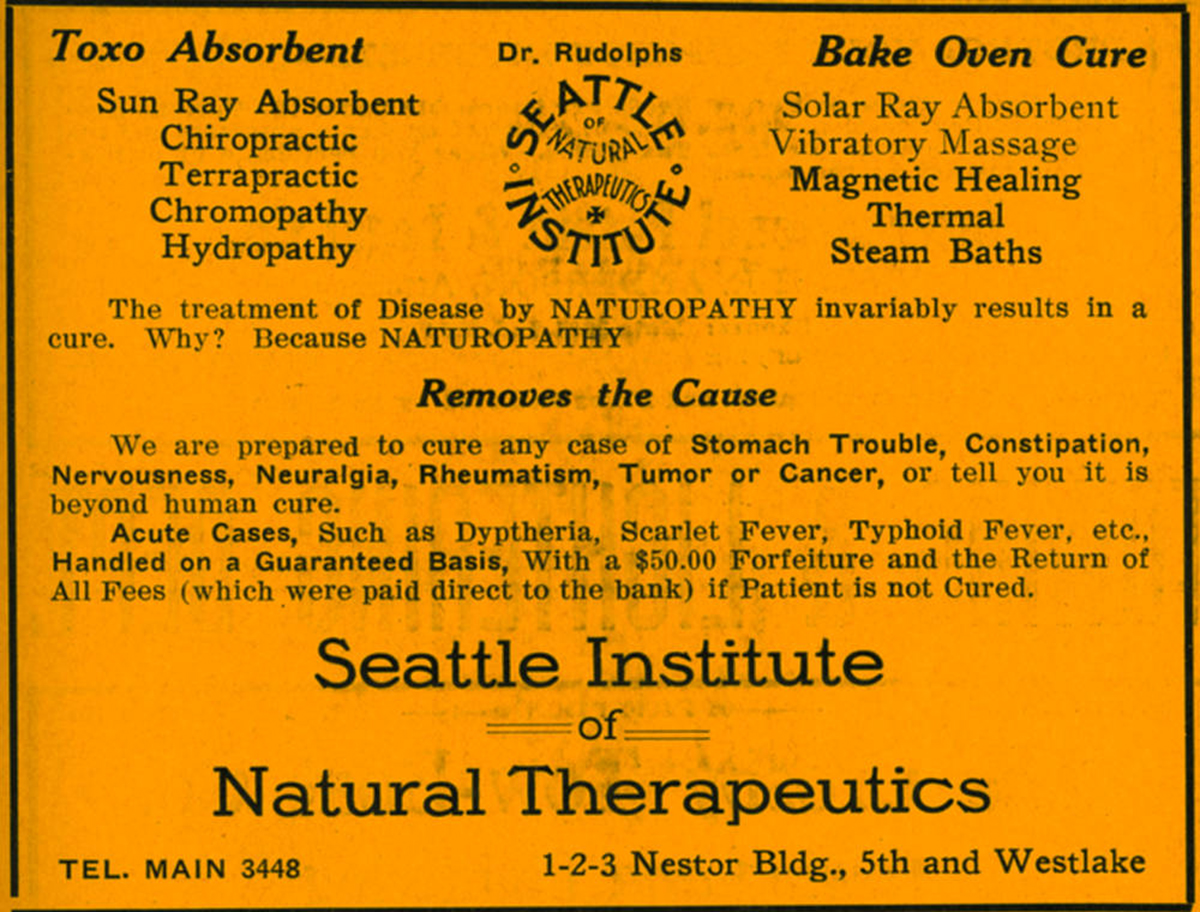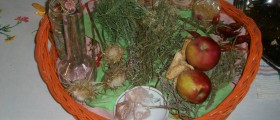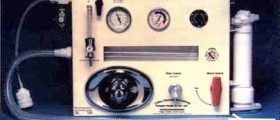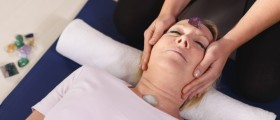
Definition of Naturopathy
Naturopathy is a term which is derived from Greek and Latin words and its literal translation would be nature disease. The term itself was coined in 1895 by a man called John Scheel. This is an alternative form of medicine which is based on Vitalism. For those who do not know, according to vitalism, there is a special vital type of force or energy which is responsible for adaption, growth, reproduction and metabolism of the human body. Naturopathy is also based on holistic approaches and it always seeks the least invasive measures which are necessary to take care of some medical condition. Naturopathy actually relies on the fact that the human body can heal itself. There have never been any professional studies on naturopathy so that is why most medicinal circles do not support the claims of this alternative type of medicine. Naturopathy is commonly practiced in numerous countries around the world, but the largest number of naturopathic practitioners resides in the United States and Canada. There are two main different types of naturopathic practitioners and those include naturopathic physicians and traditional naturopaths. Naturopathic physicians are the peculiar ones which actually use all the principles of naturopathy but apply them only in the context of conventional medicine practices.
Philosophy of Naturopathy
Naturopathy rarely relies on some specific methods. Its basics indicate that one should focus on his or her own natural self healing abilities. There are methods which rely on the so called vital energy fields. But no one has ever proved that those actually exist, which is why naturopathy is isolated from the general scientific world. The systematic evaluation of naturopathy as an alternative type of medicine has not been evaluated yet which is its biggest problem. Another big issue with naturopathy is that individual methods used by practitioners vary greatly from person to person. If one wants to consult a naturopathic practitioner, he or she needs to be prepared for a long interview which commonly involves physical examination, examination of physical features, examination of the emotional tone, examination of medical history and examination of one’s personal lifestyle. The approach relies on the wellness of the whole body and the facilitation of its own self healing abilities. Naturopathy forbids the use of any conventional methods of treatment such as disease specific treatments, surgeries, potions, serums or drugs. Naturopathy is strongly opposed to the use of all different types of antibiotics and vaccines, as well.
History of Naturopathy
The roots of modern naturopathy date back to the movement in Europe, called the Nature Cure, which occurred in the 19th century. After John Scheel coined the actual term naturopathy, Benedict Lust started using it for his own medical practices so he became the father of American naturopathy. He was well trained and schooled in Germany before he came to the United States to utilize his drugless methods of dealing with various medical conditions. He commonly utilized homeopathy, herbal medicine and hydrotherapy. He founded the first American school of naturopathy in New York, at the beginning of the 20th century. Naturopathy grew rapidly from there but it went into decline after the 1930s and the decline lasted for several decades. During the 1970s, the interest for naturopathy grew again, fueled by the fact that the holistic health movement was growing stronger back then. Nowadays, there are six naturopathic medical schools in North America.
Practice
The particular methods used by any individual naturopathic practitioner vary greatly, depending on her or his scope of practice and the level of training. Efficacy also largely depends on the aforementioned values. The naturopathic philosophy involves a wide range of different therapeutic methods and the most common ones include Traditional Chinese medicine, Rolfing, public health measures and hygiene, relaxation, meditation, psychological counseling, hydrotherapy, exercise, sports medicine, soft tissue manipulative therapy, osseous manipulative therapy, naturopathic manipulative therapy, ozone therapy, fasting, nutritional therapies, nature cures based on cold, heat, fresh air or sunshine, live blood analysis, iridology, homeopathy, hair analysis, cranial osteopathy, color therapy, colonic enemas, chelation therapy, brainwave entrainment, botanical medicine, applied kinesiology and acupuncture, among others. Naturopathy is based on certain beliefs which are strongly opposed to vaccination. There are numerous complicated reasons for such a negative view on vaccination and most of them are based simply on the early philosophies which serve the purpose of providing a foundation of naturopathy.
Naturopathic Practitioners
As already mentioned, there are two main groups of naturopathic practitioners and those include traditional naturopaths and naturopathic physicians. There are different levels of naturopathic training which can be achieved in the schools of naturopathy. Traditional naturopathy does not require a license in the United States because the activities of a traditional naturopath do not require one. There are also certain health care professionals who choose to add some naturopathic modalities to their own practice and these people are referred to as naturopathic physicians.

















Your thoughts on this
Loading...